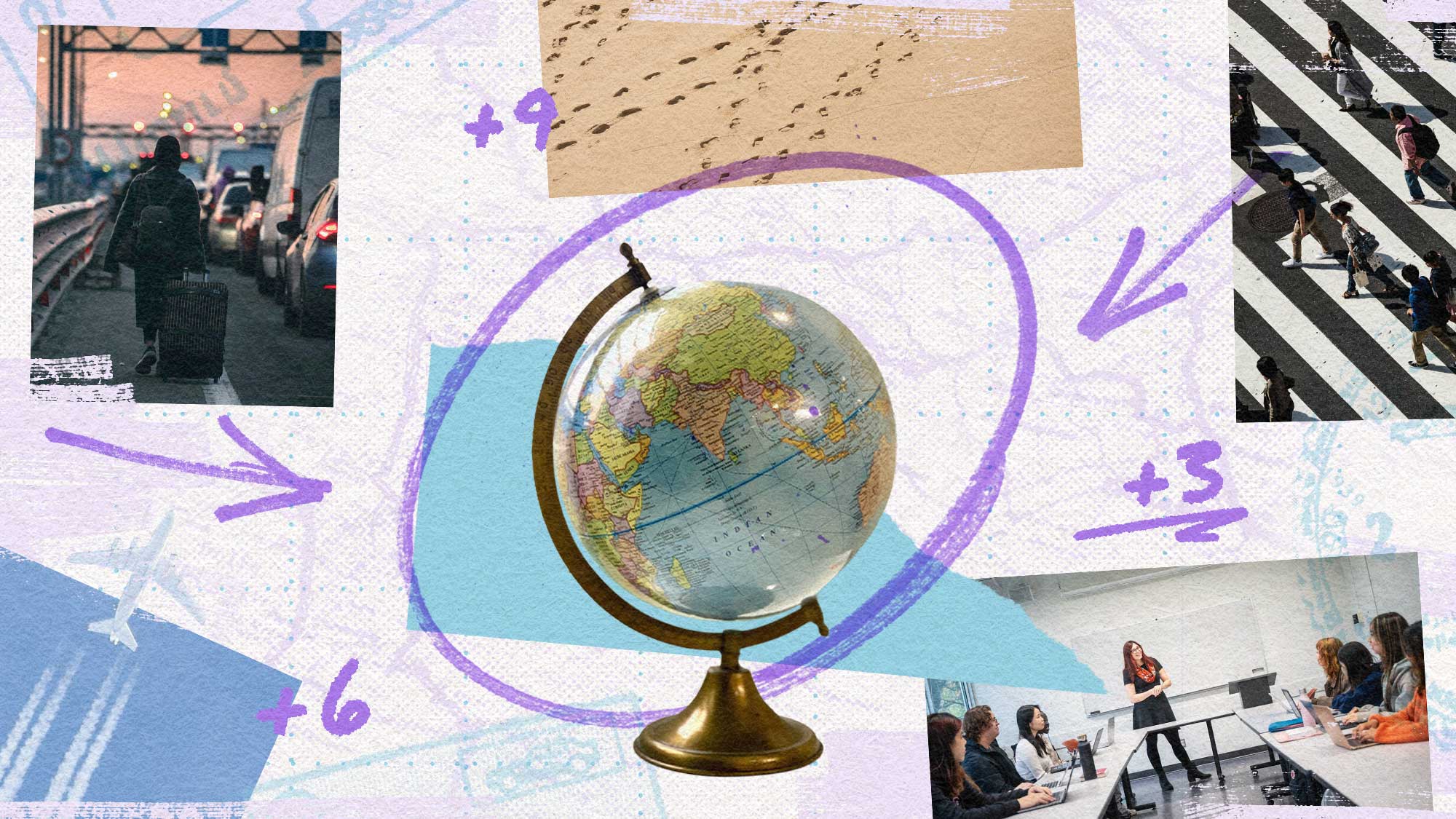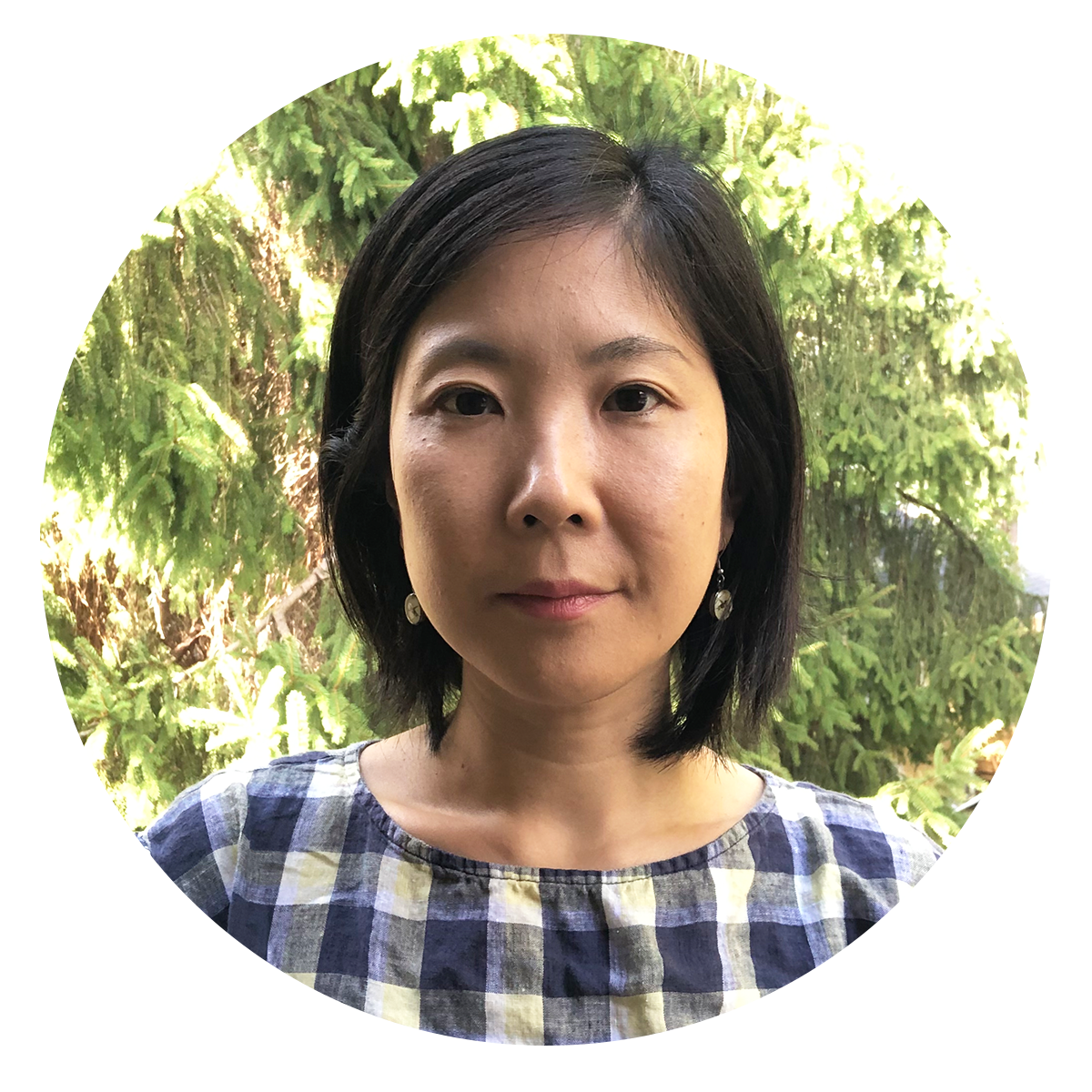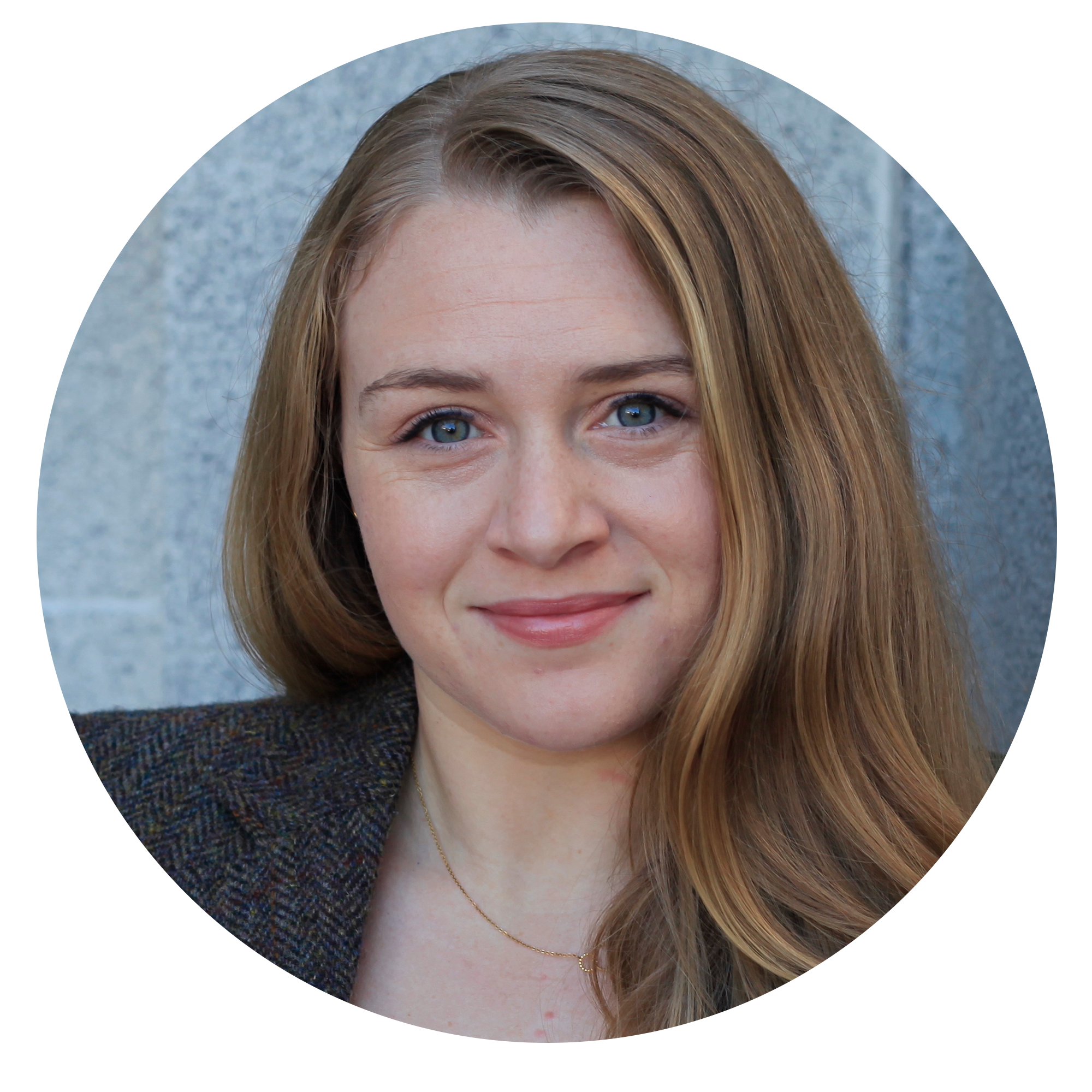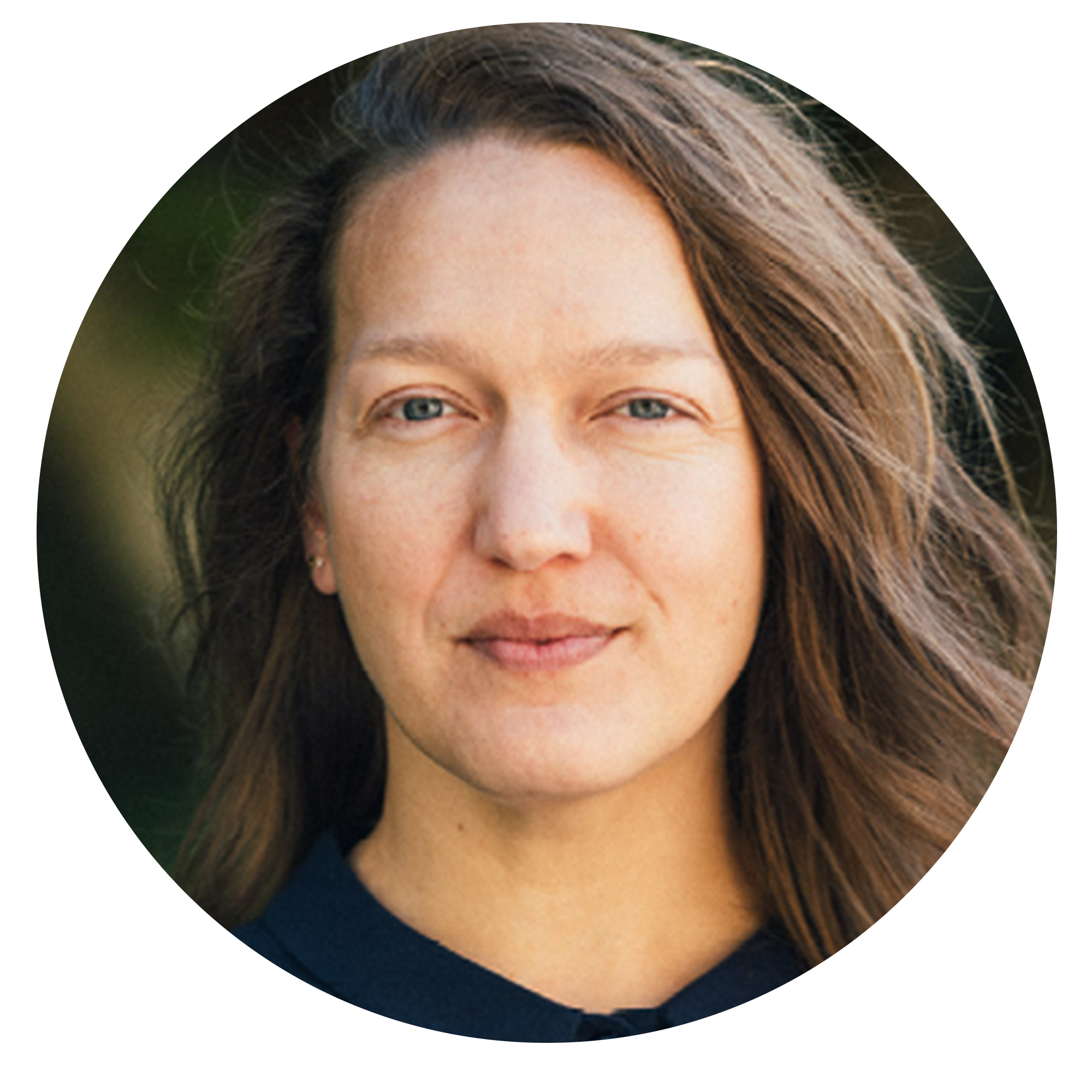This is part of an ongoing series that showcases how faculty members across Arts are approaching timely topics in their classes. The Ways of Knowing Breadth Requirement can be fulfilled within any of the featured courses and programs.


Are you curious about topics such as migration, diaspora, or globalization? The Ways of Knowing requirement may help you draw new perspectives as you participate in meaningful conversations about lived experiences and histories.
We asked four Arts faculty members from very different disciplines—Political Science, Asian Studies, History, and French, Hispanic, and Italian Studies—to share what you can expect from their areas of study on this topic.


Professor, Department of Political Science
Founding Director, Centre for Migration Studies
Migration studies and political science
Dr. Antje Ellermann (she/they)
In political science, we’re interested in the causes and consequences of choices that affect people. These choices are about power: they set the rules for what people can and can’t do. These rules also send signals about who belongs, and who doesn’t belong. Migration is a fascinating issue because it involves the movement of people across different societies – the decisions one country makes can have dramatic effects for people around the world. It’s also an issue that strikes at the heart of belonging and identity. I feel very lucky to study this complex topic – it touches so many lives.
Political science can help us understand, for example, why there are politicians who promote a backlash to immigration; why societies experience immigration and ethnic and religious diversity as a threat; why immigration is implicated in colonization; and why states and societies with the fewest resources are asked to support most of the word’s refugees. I hope students who take our courses leave with an understanding of how political power affects people’s lives and ideas about how they can help improve our world. I’m fortunate to have some opportunities along these lines. The UBC Centre for Migration Studies partners with local organizations who help immigrants start a new life in Vancouver and BC – ensuring they are included, but not forced to change who they are, so we can all benefit from migration.
“POLI 328 encouraged me to interrogate my understanding of migration and critically assess my own positionality as a student studying on Indigenous lands. Dr. Ellermann's teaching was particularly engaging as she incorporated teaching techniques which ranged from media analysis to student video presenting to community engaged research. POLI 328 fundamentally interrogated the binary forced / voluntary distinction, the international refugee regime, and migration studies itself leaving me with a much more holistic understanding of migration.”
Interested in learning more about migration, diaspora, and political science? These Social and Behavioural Systems courses can be counted toward the Ways of Knowing breadth requirement.
- POLI 220: Choice and Conflict: An Introduction to Domestic Politics around the World (3-6 credits)
- POLI 328: Topics in Comparative Politics (3-6 credits)
- POLI 333: Issues in Comparative Politics (3-6 credits)


Assistant Professor of Teaching, Department of Asian Studies & UBC-Ritsumeikan Academic Exchange Program
Asian diaspora and migration
Dr. Ayaka Yoshimizu (she/her)
What are lived experiences of migration, border-crossing, or living in diaspora and how are these experiences expressed in literature, films, and any other cultural forms? How do migrants or diasporic subjects who do not find themselves comfortably fitting or even are persecuted and marginalized in the dominant societies construct and perform their identities? How do they create a space of belonging? These are some of the questions that I explore with my students across my Arts courses, including ASIX 220, ASTU 201, ASTU 202, and CDST 250. As most of my students are migrants or diasporic subjects themselves, these questions are directly relevant to their lives.
In my new course ASIX 220: Indigeneities in Asia and Asian Diaspora, I discuss with my students what it means to decolonize and unlearn our ways of knowing and sharing knowledge through Indigenous methodologies and relationality. Throughout the course we reflect on where each of us and our ancestors come from; what brought us to the Indigenous Lands of the xʷməθkwəy̓əm and other First Nations; how we are complicit in the settler colonial processes; and how we envision Indigenous-migrant relations for a decolonial future. Continued engagement with these questions is fundamental to our co-learning journey in studying Indigeneities in Asia and Asian diaspora.
“ASIX 220 was a course that reshaped my ways of knowing as we learned through non-conventionally accepted academic resources such as watching films, reading short stories and books, and sharing personal accounts from our peers as opposed to just learning from journal articles or ‘experts’ in the field—all of which are equally valid forms of research. We relearned how to learn by applying Indigenous methodologies into our conversations and research which drew us away from what many of us were comfortable and used to doing in a school setting. Furthermore, through building community with each other, we explored what Indigeneity meant beyond its formal definition. We gained a better understanding of what trans-Indigenous methodology entails, which was very meaningful since our world is so interconnected.”
Interested in learning more about migration, diaspora, and Asian Studies? These Humanities and Creative Arts and Place and Power courses can be counted toward the Ways of Knowing breadth requirement.
- ASIA 323: History of Cantonese Worlds (3 credits)
- ASIA 339: The Construction of South Asian Communities in the Diaspora (3 credits)
- ASIA 443: National Narratives in Chinese Literature and Film (3 credits)
- ASIA 452: Literature of the Korean Diaspora (3 credits)
- ASIX 220: Indigeneities in Asia and Asian Diaspora (3 credits)
- ASIX 300B: Indigenous Environmentalism in Asia and Beyond (3 credits)


Assistant Professor of Teaching, Department of History
History, migration, and globalization
Dr. Sara Ann Knutson (she/her)
I approach this topic by examining processes of connectivity, migration, diasporas, and globalization in a long historical perspective. By examining ancient times to the end of the 15th century, my work is guided by the question: how was the premodern global past not a Eurocentric phenomenon, but rather a period with many more perspectives than what historians traditionally examine? My practice as a historian and anthropologist therefore involves striving to understand how past people understood the world around them. I ask my students to engage this practice as well, not to absorb random historical “facts.”
There are many implications of this work for our current social world. We can decenter Europe in historical studies and gave space to learn about historically-practicing societies in, for example, Asia, the Middle East, and Turtle Island; this decentering work allows us to see how the premodern past continues to influence our own lives today through concepts of race and ethnicity, processes of human migrations and diasporas, and coming to terms with processes of colonization through anti-colonial work. Students in the course History 101, including non-History majors, will gain invaluable insights into the manifold ways that people were globally connected and they will arrive at their conclusions in regard to the question: what was the world that was disrupted by European colonial ships around the year 1500 CE?
“HIST 101 cleared up many of my misconceptions on thinking the premodern past was made up of societies that remained isolated and independent. The class was fascinating in teaching about the intricate global connections that were present back then, and how connections, migrations, and exchanges have been a part of humanity for longer than we might have imagined. We also analyze how it continues to change as we move forward through time.”
Interested in learning more about migration, diaspora, and history?? This Humanities and Creative Arts course can be counted toward the Ways of Knowing breadth requirement.
- HIST 101: Global History to 1500 CE (6 credits)


Assistant Professor of Spanish, Department of French, Hispanic and Italian Studies
Hispanic Studies, migration, belonging
Dr. Tamara Mitchell (she/her)
I am a scholar of contemporary Mexican and Central American literature and culture, with a focus on questions of political belonging and economic in/equality in the neoliberal present. Two foundational questions that guide my research and teaching are: “How do various modes of representation (in literature, marketing, social media, politics, etc.) contribute to or challenge structures of power and social norms that determine forms of inclusion and exclusion?” and “How might we, as thinkers and creators of knowledge, understand and analyze these modes of representation?” To begin to answer these questions, students in my courses examine literary and cultural texts with close attention to social and political context, and we might discuss such topics as push factors, international interventionism, extractivism, and (neo)colonialism.
Approaches to migration, diaspora, and belonging in Hispanic Studies vary widely, and involve methodologies such as critical textual analysis, ideology critique, or rhetorical analysis. Depending on the course, this training and analysis occurs in either Spanish—so students are practicing and building Spanish language skills (Language as Meaning)—, or in English with Latin American, Spanish, and Global Hispanophone works in translation (Humanities and Creative Arts). In both cases, students leave Hispanic Studies classes better able to analyze and participate in political discourse, with improved media literacy, finetuned critical reading and writing skills, and exceptional sociocultural awareness. These skills are valuable in a variety of contexts and professions. My former students are now working in journalism, speech writing, the nonprofit sector, law, education, and Hollywood screenwriting, among others.
“SPAN 365 highlighted how the migration of people, ideas, and systems contributed to the development of literary movements all over Latin America from the 1820s onward. We analyzed poetry, short stories, and more to see how these texts fit in, disrupt, reflect, or comment on their broader context and what techniques their authors employ to do so. As a Spanish language learner, this course was an incredible opportunity to strengthen my writing, reading, and comprehension of the language, while also developing a critical awareness of how language, socio-political questions, culture, and history, all both inform and are reflected in Spanish-American literature.”
Interested in learning more about migration, diaspora, and Spanish studies? These Language As Meaning courses can be counted toward the Ways of Knowing breadth requirement.
Related courses in English:
Related courses in Spanish:
- SPAN 221: Introduction to Hispanic Literature (3 credits)
- SPAN 222: Introduction to Hispanic Culture (3 credits)
- SPAN 357: The Golden Age of Peninsular Literature and Culture (3 credits)
- SPAN 358: Divergent Visions: Peninsular Literature and Culture since 1700 (3 credits)
- SPAN 364: Colonial Encounters in Spanish-American Literature and Culture (3 credits)
- SPAN 365: Modern Magics: Spanish-American Literature and Culture since the 1820s (3 credits)
- SPAN 404: From World to Screen: Topics in Hispanic Cinema (3-6 credits)
- SPAN 405: Celebrating Diversity: Topics in Peninsular and Latin-American Culture (3-6 credits)
- SPAN 490: Peoples and Nations: Topics in Twentieth- and Twenty-First Century Spanish-American Culture (3-6 credits)
Explore more articles on how you can fulfill your ways of knowing breadth requirements based on your interests:
From climate justice to sustainability efforts, how can you use the Ways of Knowing breadth requirement to gain more insight about climate change?
Part I: Creative Writing, Economics, Political Science, Information Studies
Featuring Dr. Jennifer Moss, Dr. Jonathan Graves, Dr. Kathryn Harrison, and Dr. Hannah Turner


